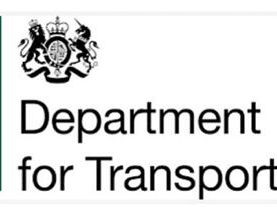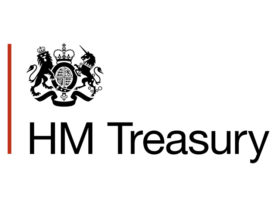The BVRLA has responded to the government’s Review of WLTP and vehicle taxes, warning of the danger that the progress made in decarbonising road transport could be reversed if the government fails to act by making tax changes to manage the impact of the transition to WLTP.
Over the last twenty years, the fleet sector has embraced the introduction of carbon-based motoring taxes and used the incentives they provide to deliver a sustained and substantial reduction in average CO₂ emissions. The company car tax regime has enabled fleets to reduce their carbon footprints and embrace ultra-low emission technology. For example, the average emissions of a BVRLA-member provided company car have fallen year-on-year, reaching an average of 111g/km CO₂ at the end of the third quarter of 2018. The average newly registered company car emits 12% less CO₂ than its new privately registered car while car rental vehicles typically produce 26% less CO₂ than the average car on the road.
However, there is a real danger that the progress made in decarbonising road transport could be reversed if the government fails to act by making tax changes to manage the impact of the transition to WLTP. The uncertainty created by the sharp and persistent increases in company car tax rates – made worse by the confusion and unintended tax rise from the WLTP transition, along with the lack of visibility on future rates, are contributing to employees and employers opting out of the company car market. Work by Sewells Research and Insight shows that 27% of businesses currently offering company car schemes are very likely to offer a cash alternative in the near future – and of company car drivers given the choice between a company car and cash allowance, 13% are likely to switch to cash allowance next time.
If the government is to achieve its major flagship policies in the Road to Zero and Industrial Strategy, the BVRLA believes that government needs to adjust the vehicle tax system in order to make the fleet sector sustainable. The BVRLA is of the view that any changes to manage the impact of WLTP should be based on the principles of:
- tax neutrality;
- need for certainty; and
- revenue protection for the Exchequer.





